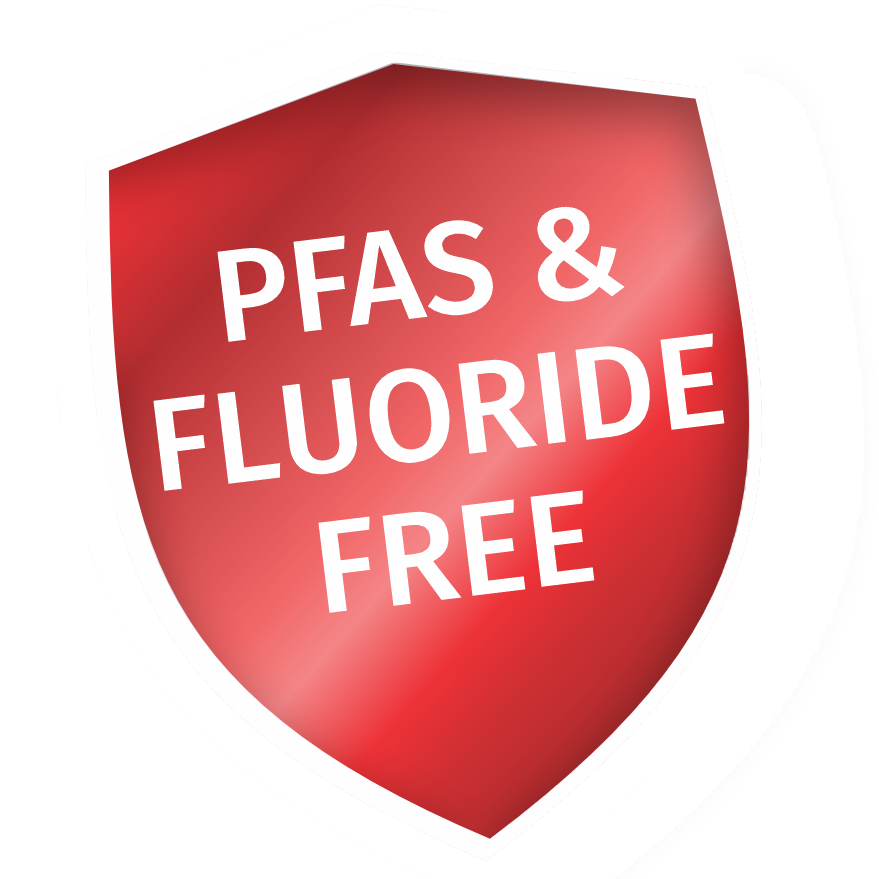What is Listeria monocytogenes?
Listeria monocytogenes is a bacterium that can cause Listeriosis. Listeria bacteria can cause a foodborne infection. The reason this bacteria is more common on food is because it can survive in refrigerator temperatures. This is mainly with foods that are kept refrigerated for long periods and eaten without heating. Infection in a healthy person usually results in no to mild flu symptoms. In young children, pregnant women, the elderly and those with low immune systems, it can lead to severe symptoms or prove fatal.
Listeria bacteria products
Products that fall under risk for Listeria bacteria are:
- Milk – The bacteria can nestle well in both (pasteurized) milk and raw milk soft cheese. This can include cheeses made from raw milk such as brie, feta, camembert and blue cheese.
- Fish – This can include pre-packaged smoked fish. These are types of fish that are edible raw or already cooked and kept in refrigeration. Examples include smoked salmon, shrimp, crab and raw slices of salmon.
- Meat – Raw animal products can also become contaminated with Listeria bacteria. Slices of meat for bread are a risk product here. These can include filet american, chicken breast slices, smoked bacon bits and liverwurst.
Dangers after Listeria infection
Earlier you were able to read about the high-risk products that may contain Listeria bacteria. This is especially important for the high-risk groups of young children, pregnant women, the elderly and people with weakened immune systems. In fact, in pregnant women, it can lead to premature birth or miscarriage. Young children also do not yet have a strong immune system, which can lead to serious health consequences. In the elderly and those with weak immune systems, it can even lead to meningitis (meningitis) or blood poisoning (sepsis) in rare cases.
